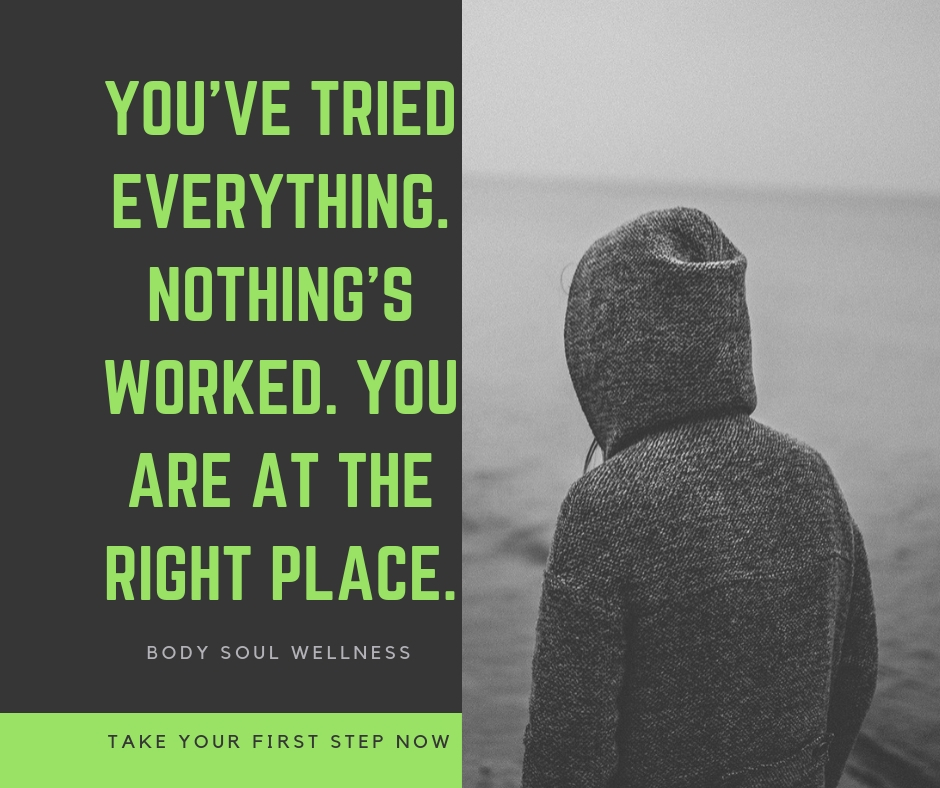Ever been working and it feels like you are having to fight through cobwebs to get your thoughts straight? Do you find it difficult to concentrate or focus for extended time periods? You may have brain fog, which can negatively impact your life, your productivity, and your ability to focus.
So, what causes this, and what can you do about it? Let’s find out.
What is Brain Fog?
Brain fog is essentially a slowing or impairment of the cognitive functions that govern your ability to plan, organize, remember, and solve problems. Many times brain fog is the result of lifestyle and dietary choices, which lead to imbalances in hormones and nutrient levels.
But more and more, my clients are experiencing brain fog as a result of prescribed medication.
You could consider brain fog to be the opposite of feeling motivated, level-headed, and calm. When your brain is foggy, you may feel somewhat confused, disoriented, or forgetful. You may experience balance issues, and have problems making decisions.
When your thoughts are slow or hazy to come together, or when you can’t seem to concentrate, you may be experiencing brain fog. In more severe instances, brain fog can lead to feelings of depression and unhappiness as you seem to lose your ability to control your world or find inspiration in life.
Causes of Brain Fog and How to Address Them
Lack of sleep is a common cause of short-term fogginess. When you don’t get enough sleep, your brain cannot properly restore neural connectivity, which regulates memory and learning. Chronic sleep deprivation can impair motor functions and the ability to reason in dramatic ways. So if you’re feeling foggy, examine your sleep habits and make adjustments that will give you at least seven hours of rest each night.
Dehydration can also be a culprit. Water is a great conductor of electricity. Since your brain is nearly three-quarters water, a ‘water shortage’ can have a significant effect. Even just a small amount of dehydration can lead to confusion, impaired mental performance, and disorientation. Be sure you are drinking plenty of liquids, especially water, throughout your day to stave off the mental fog.
Poor eating habits can make it hard to concentrate or think clearly. Not only does your brain need energy to work well, the micro-nutrients in your food supply essential fatty acids, amino acids, andother necessary compounds to your brain cells.
Eating too many refined carbohydrates and not enough fruits, vegetables, and lean proteins can leave your body and brain feeling sluggish. Focus on improving your diet and eating lots of whole foods that are primarily plant- based to help give your body and brain the nutrients they need to function at an optimal level.
Other factors that can contribute to mental fog include stress, inactivity, changes in your hormone levels, taking certain types of medications, and various medical conditions. Making changes to your diet and lifestyle to help lower stress, balance your hormones, and reduce your need for medications known to cause brain fog can all help you feel more mentally alert and engaged.
Certain medical conditions can cause severe or chronic brain fog, including Alzheimer’s, anemia, diabetes, migraines, and autoimmune disorders. If you suspect you have any of these, you should talk to your doctor about any other symptoms you may have.
Other things you can do to help clear your mind and refocus when brain fog is getting in the way of your productivity include taking a brisk walk, spending time out in the sunshine, clearing away any clutter that may be distracting you, engaging in a mentally stimulating conversation or activity with someone else, or changing your environment.
Final Thoughts
Clearing away the fog can be simple matter of eating better, getting more sleep, and drinking plenty of water. When you need a quick pick-me-up in your day, it’s good to challenge your mind to something new or different for a short period.
Everyone’s situation is different. What works for one person may not work for someone else, so it’s important to narrow down your specific issue and find out what’s causing or exacerbating your situation. Find some balancing strategies that work for you. Work on recognizing when you start to feel foggy, and be proactive to address it before it becomes a real problem.
If you know how to MUSCLE TEST, you can actually ask your body what might be contributing to your brain fog. Is it a certain food/ingredient that your system can’t process well? Is it a medication or supplement that isn’t reacting well with your body chemistry? Do you need to drink more water? Are you drinking the right type of water to meet your body’s needs? Is your body absorbing the water you are providing? You might be surprised by what your body tells you when you ask targeted questions.
If you have not mastered the art of MUSCLE TESTING – and I suggest you do – get on my calendar. We can test to find contributing factors that may be negatively impacting your ability to think clearly, retain information, make decisions, and lead your best life.

